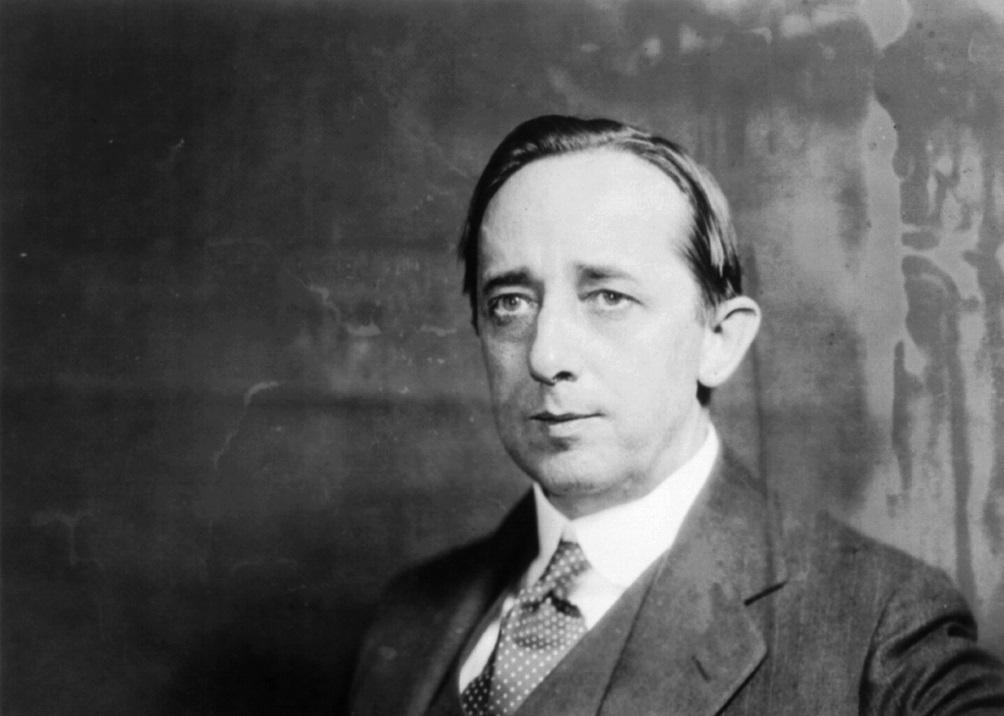On the first of June 1933, Claude G. Bowers presented his credentials to the government of the Spanish Republic. Three months after Franklin D. Roosevelt had become president of the United States, Bowers was appointed ambassador to Spain.
When it was Americans who behaved badly in Mallorca
Drunken, anti-social behaviour by foreigners in Mallorca has a long history
Also in News
- Spain wants Britons to show they have 113.40 euros, £97, per day for their holidays
- Big changes on the horizon when Britons travel to Mallorca
- Over two hours for Britons to get through Palma airport queues
- Palma Airport passport control "collapse" put down to unscheduled flights
- Living in a motorhome in Palma: "It'll only get worse"


No comments
To be able to write a comment, you have to be registered and logged in
Currently there are no comments.